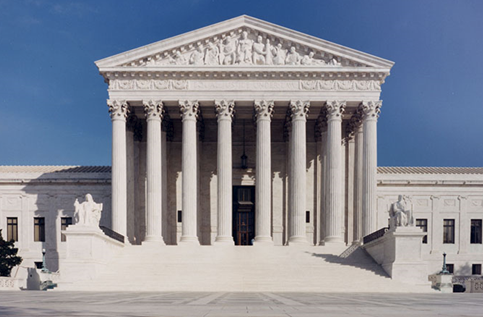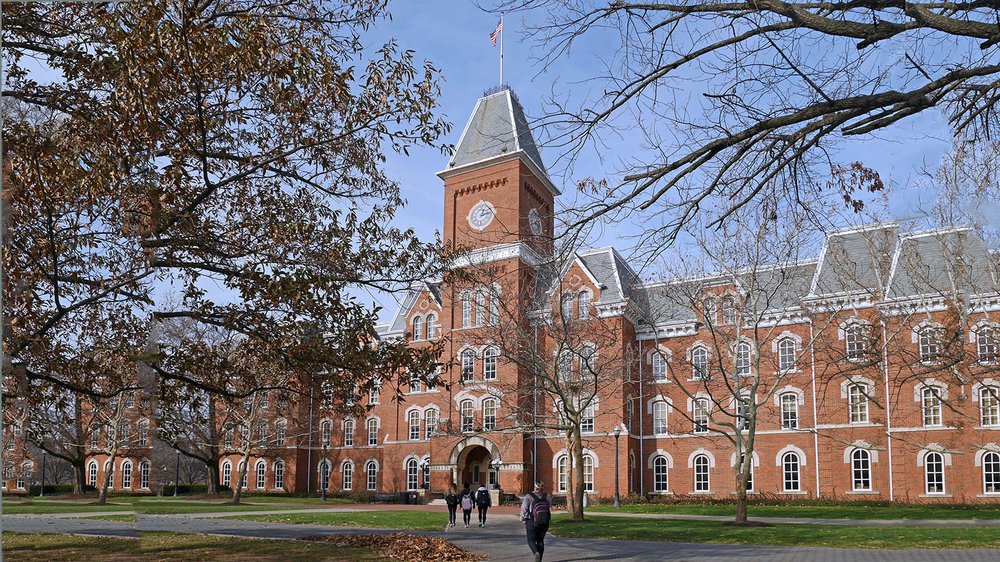Over 300 admissions deans pledge not to disadvantage students impacted by the coronavirus – By Natalie Schwartz, Education Dive
More than 300 college admission leaders have signed onto a statement declaring that they are committed to equity and will not make decisions that disadvantage students who've been impacted by the coronavirus pandemic.
The statement was spearheaded by Making Caring Common, a youth advocacy initiative from Harvard University. The signatories come from a range of colleges, including large public universities such as Arizona State and highly selective, private colleges like Kenyon College.
The coronavirus pandemic is changing how colleges approach admissions, with many going test-optional or offering higher discounts to more price-sensitive students.
The pandemic, the authors write, "has generated all sorts of questions, anxieties and misconceptions about what college admissions offices expect and value during this time." When reviewing applicants, they say they are most interested in self-care, academic work, service and contributions to others, family responsibilities, and extracurricular and summer activities.
However, they add, students won't be penalized if the coronavirus or other circumstances prevented them from participating in summer activities, volunteering in their community and doing their best academic work.
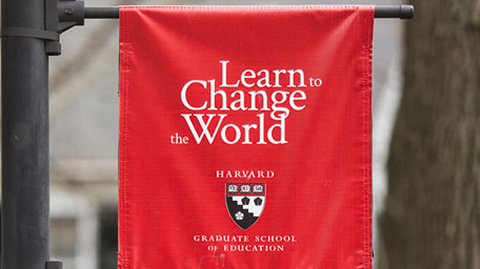
S.D. veterans can attend the state's technical colleges tuition free – By Anderley Penwell, KOTA-TV
According to the South Dakota Department of Veterans Affairs, a House Bill passed this year will help veterans continue their education at one of South Dakota's technical colleges tuition free.
This benefit will officially start on July 1, and the Secretary of the South Dakota Department of veterans Affairs Greg Whitlock said, "Many skills military service members acquire translate well into the technical trades."
One of the four technical colleges in the state, Western Dakota Tech has about 120 veteran students.
The President of WDT said often veterans have backgrounds that translate well into technical trades.
"Going to a technical college in order to get a really strong skill will be an additional plus sign, I guess you could say, on their resume, because employers in the area are not only looking for veterans because they know their work ethic is strong, but they're also looking for people with very strong technical skills in areas that they are familiar with," said Dr. Ann Bolman, President of Western Dakota Technical College.
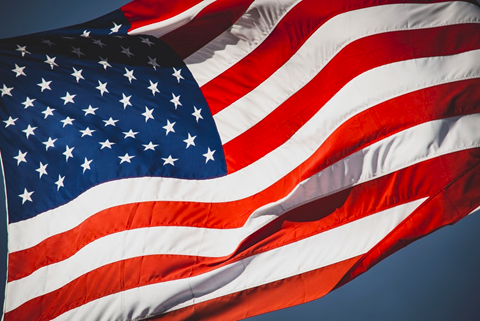
Georgia takes first formal step to dismiss standardized tests in schools – By Ty Tagami, Atlanta Journal Constitution
The Georgia Department of Education is opening a public survey today about high-stakes testing in the public schools, the first step in seeking permission to waive the exams again during the coronavirus pandemic.
Under federal law, Georgia must administer its Milestones standardized tests in third grade through high school, but the U.S. Department of Education waived the requirement last spring as schools reeled from closures due to COVID-19.
Georgia wants U.S. Education Secretary Betsy DeVos to continue that waiver into the next school year. State leaders say Georgia will instead offer an optional low-stakes test called BEACON to identify children who are falling behind.
Unlike the Milestones, which come once after a semester course or a school year, BEACON can be given repeatedly through the year to allow teachers to see which state standards their students need more help learning. Also, unlike with the Milestones, BEACON would not be used to judge the teachers and their schools.
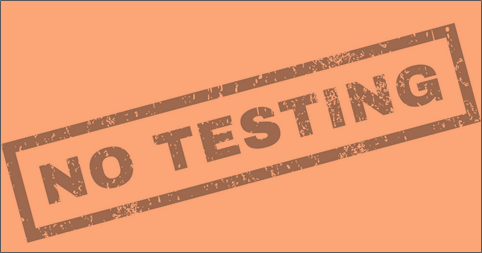
Supreme Court Rules in Favor of State Funding for Religious Education – By Masood Farivar, Voice of America
The Supreme Court ruled on Tuesday that the state of Montana’s exclusion of religious schools from a tax credit program for scholarships is unconstitutional, delivering an important victory to advocates of school choice and public funding for religious education.
The 5-4 ruling along ideological lines marks a big win for the Trump administration, which has elevated the cause of religious freedom and sided with three mothers who challenged Montana’s ban on using publicly funded scholarships for religious education.
Writing for the conservative majority, Chief Justice John Roberts said the ban “discriminated against religious schools and the families whose children attend or hope to attend them in violation” of the U.S. Constitution’s free exercise of religion clause.
“The Free Exercise Clause ‘protects religious observers against unequal treatment’ and against ‘laws that impose special disabilities on the basis of religious status,’ Roberts wrote, citing a previous court decision on religious liberty.
